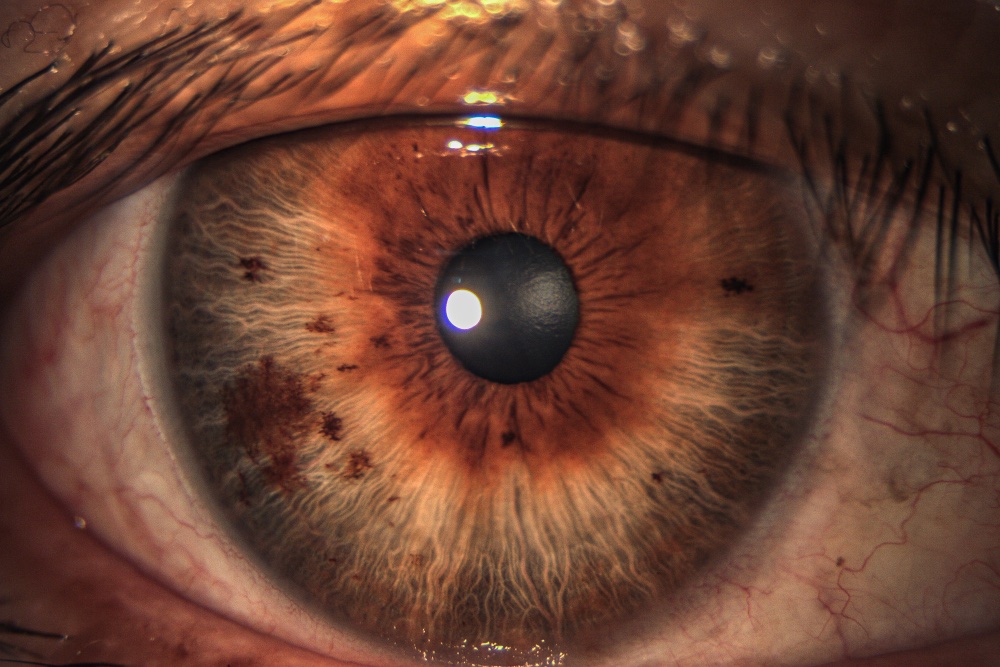Understanding Retinal Health: Why Seeing a Retina Specialist Matters

It's often said that the eyes are the windows to the soul. If that's the case, retinal specialists can be seen as the maintenance team for these windows, ensuring they're clean and functioning properly. There's no understating the importance of eyesight, and consulting a retina specialist can help protect and preserve your vision for years to come.
What Is a Retina Specialist?
The retina is a thin layer of light-sensitive nerve tissue that lines the back of the eye. It plays a crucial role in our vision by converting the light we absorb into images for our brain to interpret. Retina specialists undergo medical school, internship, and residency, similar to those of general ophthalmologists, but must also complete additional fellowship training in vitreoretinal diseases. This specialized training allows them to diagnose and treat complex retinal conditions.
Common Retinal Conditions
Common retinal conditions include age-related macular degeneration (AMD), diabetic retinopathy, retinal tears and detachment, and more:
- AMD: AMD is a retinal disease that impacts the macula, which is the central part of the retina responsible for our direct central vision. AMD has two forms—dry AMD and wet AMD—and is one of the leading causes of vision loss in older adults.
- Diabetic retinopathy: A complication of diabetes, diabetic retinopathy causes damage to the retina's blood vessels, potentially leading to vision loss and even blindness if left untreated.
- Retinal tear and detachment: A retinal tear is a small break in the retina, whereas detachment occurs when the retina fully separates from the underlying tissue. Both conditions require immediate medical attention.
- Other retinal conditions: Additional conditions include macular holes and puckers, epiretinal membrane (ERM), retinal vein and artery occlusion, and central serous chorioretinopathy (CSCR), among others.
When to See a Retina Specialist
A general ophthalmologist will refer you to a retina specialist if they detect any signs of a retinal condition. They may also refer you if you have any of the following signs of retinal problems:
- Sudden vision changes, like an increase in flashes or floaters
- Darkened or distorted vision
- A decrease in peripheral (side) vision
- Eye pain or swelling, especially if accompanied by other symptoms
- Loss of vision
Your doctor may also refer you to a retina specialist if you have diabetes, a family history of retinal conditions, or other risk factors that increase your likelihood of developing a retinal condition.
Schedule an Appointment with a Retina Specialist
The retina plays a vital role in how we see the world, and it requires specialized care. At Mid Atlantic Retina Specialists, we diagnose and treat a wide range of retinal conditions using advanced techniques and personalized care. Contact us today for more information or to schedule an appointment with our expert team.

